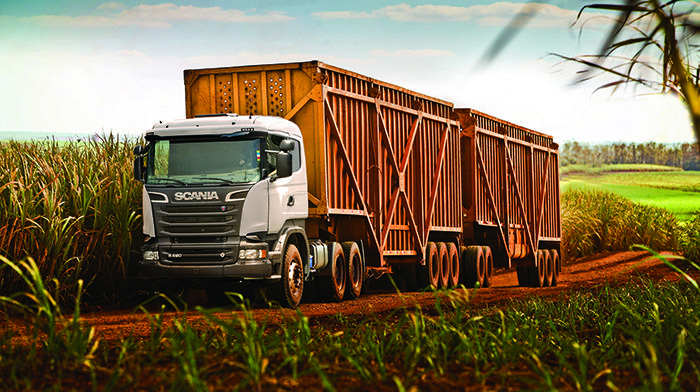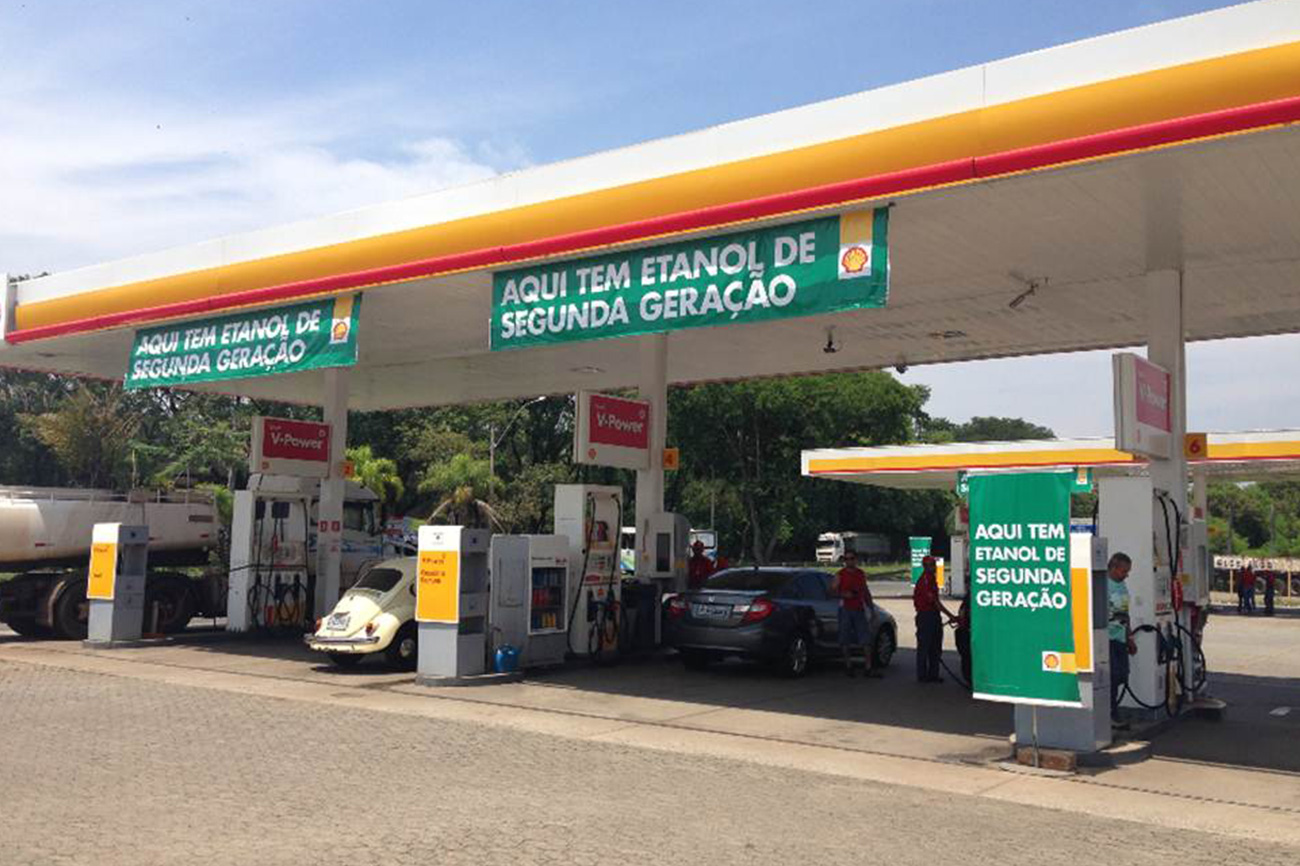Scania prefers rushy alcohol

Scania has decided to stand in the head of the transition to "renewable" biofuels, based on ethanol

Scania has decided to stand in the head of the transition to "renewable" biofuels based on ethanol
Among all kinds of biofuels, ethanol is considered to be the most promising, as it requires only a minimal cost for remaking infrastructure and could become a real alternative to oil in the global transport system and, of course, a significant factor in reducing carbon emissions on the planet.
Ethanol production is established on the planet best (leader is Brazil), and it is anticipated that with the appropriate development of the necessary infrastructure ethanol ever even be able to fully replace oil.
Senior Advisor for public policy and sustainable development Scania Mr. urban Westling says: "This is not a new type of fuel, ethanol is well distributed. In the industry known methods of effective management of the production of ethanol. Of course, this fuel is generally more expensive than oil, but at the same time he has a big potential to reduce CO2 from the point of view of energy efficiency, and from the standpoint of efficiency".

So, of Scania more than three decades of building cars adapted to operate on bioethanol. "Scania has the technology to use ethanol ED95 in a mixture with the fuel additive in a diesel engine", – said Mr. Westlund.
The main trend of today is reduced influence on the environment and for the future development of the bioethanol business is gradually becoming obviously one of the most popular sources of energy. For example, the authorities of Paris by 2020, we intend to introduce a strict ban on the use of diesel vehicles in the French capital.
Naturally, the most cost-effective raw material for ethanol production supports sugar cane, giving it the largest producer – Brazil, the advantage of the status of the first country in the world with "sustainable economy based on biofuels". In addition, the residual material in the production of alcohol from sugar cane is also quite interesting for the industry.
Even in 1976 the Brazilian government has introduced a progressive mandatory use of cars for the country's blend anhydrous ethanol with gasoline. So, in today's Brazil there is simply no passenger cars running on pure gasoline (minimum ethanol here 15%).

Research fellow, universities of Illinois and Sao Paulo, and one of the authors of a new study published in the journal Nature Climate Change Amanda DeSouza, says: "the Sugar cane is more cost effective raw material for ethanol production than corn, which is mainly grown for the ethanol industry in the USA. In addition, ethanol based on cane causes only 14% of carbon dioxide emissions fuel".
This study definitely concludes that the production of sugarcane in Brazil, contributing to the transition to ethanol, will help reduce global CO2 emissions by an impressive 5.6 percent. In addition, scientists argue in defense of the transformation of hundreds of thousands of hectares (which is more than the acreage of California and Texas combined) of Brazilian land for sugar cane cultivation.
According to scientists such planting can be carried out without damage to environmentally sensitive areas. In the study, the analysis took into account the CO2 emissions that arise in the process of land conversion.
The Director of the division of environmental solutions Scania Mr. Jonas Stromberg, adds that Europe can also increase the production of bioethanol: "In Europe there are more than 25 million hectares of abandoned agricultural land, which can be adapted for the production of ethanol and biodiesel. This will significantly strengthen the energy independence of the EU, so as to partly stop importing oil. Due to this, in Europe, also accelerated the transition of the heavy transport sector from diesel to ethanol. No technical obstacles do not exist."
.
|
|
|








